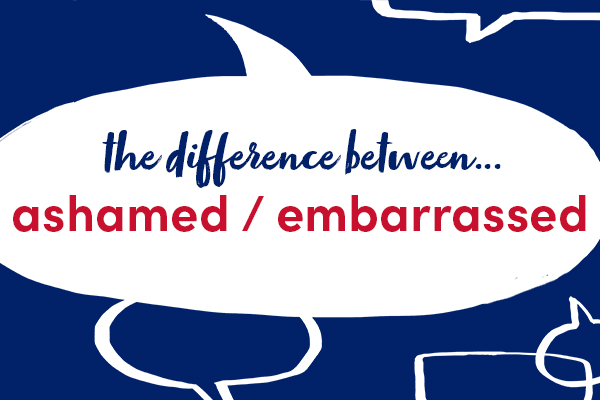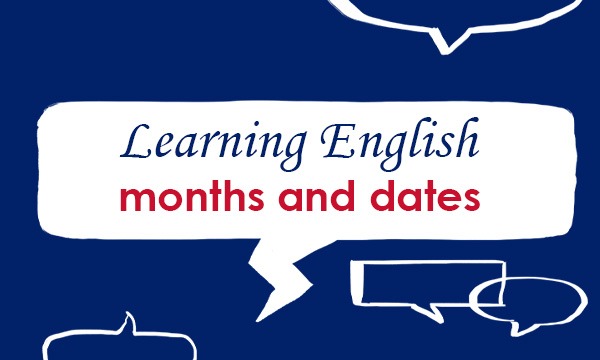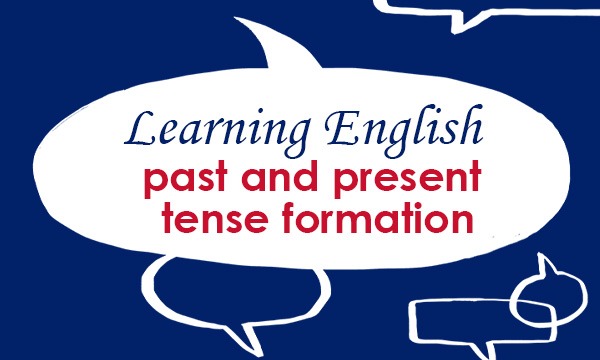This week we are looking at two words which are sometimes confused: ashamed and embarrassed.
ashamed

If you are ashamed, you feel sorry about something you did wrong.
He upset Dad, and he feels a bit ashamed.
They were ashamed to admit that they had lied.
You say that someone is ashamed of something, or ashamed of themselves.
Jen feels ashamed of the lies she told.
I was ashamed of myself for getting so angry.
embarrassed

If you are embarrassed, you are worried that people will laugh at you or think you are foolish.
He looked a bit embarrassed when he noticed his mistake.
She had been too embarrassed to ask her friends.
You say that someone is embarrassed by something or embarrassed about it.
He seemed embarrassed by the question.
I felt really embarrassed about singing in public.
You do not use ‘of’ in sentences like these. For example, don’t say ‘He seemed embarrassed of the question.’
Find out more in our English Usage article.
This blogpost is based on Collins COBUILD English Usage, written for learners of English. For more examples of English usage points, please visit: https://grammar.collinsdictionary.com/english-usage.
All opinions expressed on this blog are those of the individual writers, and do not necessarily reflect the opinions or policies of Collins, or its parent company, HarperCollins.



